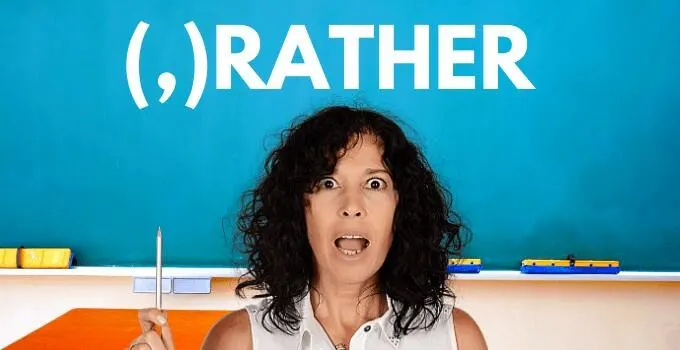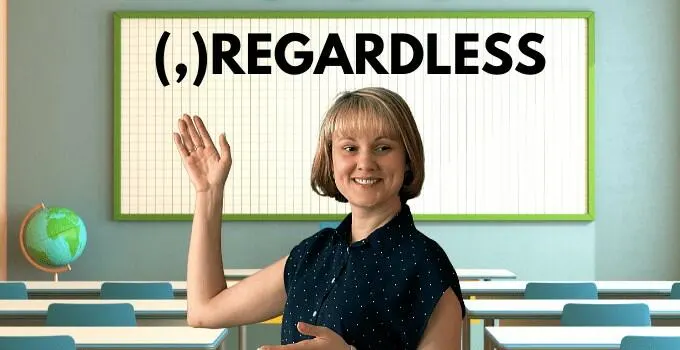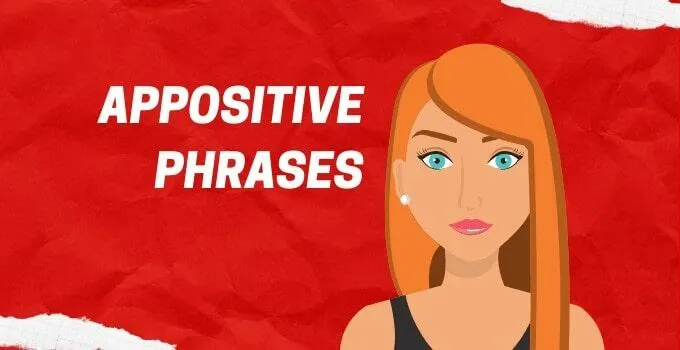Language is a funny thing. Even though it purports to have clear rules, these rules are constantly being broken or changed. The thing that most people forget is that language is not like math. It isn’t made up of rigid rules that never change with time. Instead, language is a living, breathing creature, one that …
Grammar
When it comes to grammar, most of the rules are logical when you think about them. For instance, plural nouns take plural verbs, independent clauses are separated from each other by a comma, and the subject of a participial phrase should be the same as the main clause so as to avoid dangling participles. In …
Commas have a bad reputation, especially among less confident writers. The rules of when and how to use them seem arbitrary, and that makes anything scary. The reasons for this vary. Some people may have never learned proper usage, or were taught using old-fashioned style guides that made the rules less clear rather than explaining …
Commas are tricky creatures. A lot of the time, whether you use them or not depends on how important the following information is. So, if the information you provide is critical to the meaning of the sentence, then you shouldn’t use a comma. For instance, when talking about your oldest brother, you should say, “My …
Do You Need a Comma Before “Then”? You need a comma before then in sentences that have conditional clauses (aka, ‘if/then’ statements). A comma is also needed when ‘then’ separates two independent clauses. If you’re omitting ‘and’ or ‘but’ before ‘then,’ include a comma for clarity, even without two independent clauses. Dividing Two Conditional …
We’ve already seen how confusing commas can be. We’ve talked about curious adverbs such as “regardless,” and we’ve scrutinized polysemic words, aka words that have more than one meaning, including the word “rather.” However, not all polysemic words should be treated in the same manner. What applies to a word like “rather” might not apply …
Punctuation is all about meaning, this also holds true when talking about today’s topic: ‘Comma before rather.’ Though it may appear that strict rules must be followed, their purpose is to clarify the meaning for the reader and simplify their lives. For instance, a classic example that you can find online goes like this. Let’s …
Commas are confusing creatures. You don’t know when to use them and when to ditch them. Nevertheless, you must learn when to add a comma to your sentence if you want to make your writing more legible. You see, a big part of using commas revolves around the meaning of a sentence and the information …
What is an appositive phrase? An appositive phrase is a special kind of noun phrase that explains or identifies another noun or pronoun. There are two kinds of appositive phrases: Essential appositive phrases (also called restrictive appositive phrases) and non-essential appositive phrases (also called nonrestrictive appositive phrases). How to find out if an …









